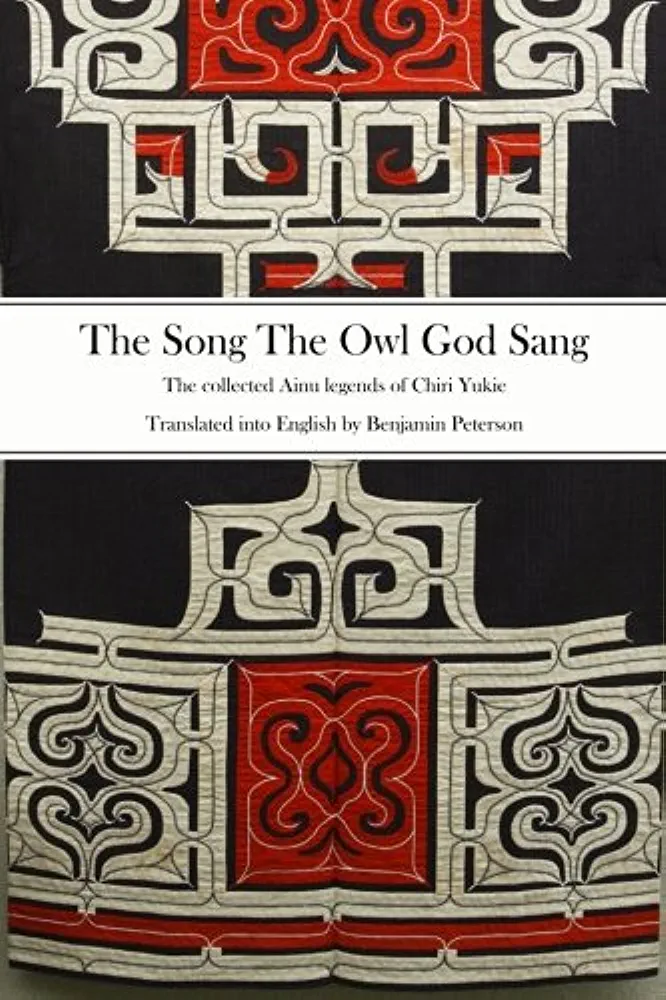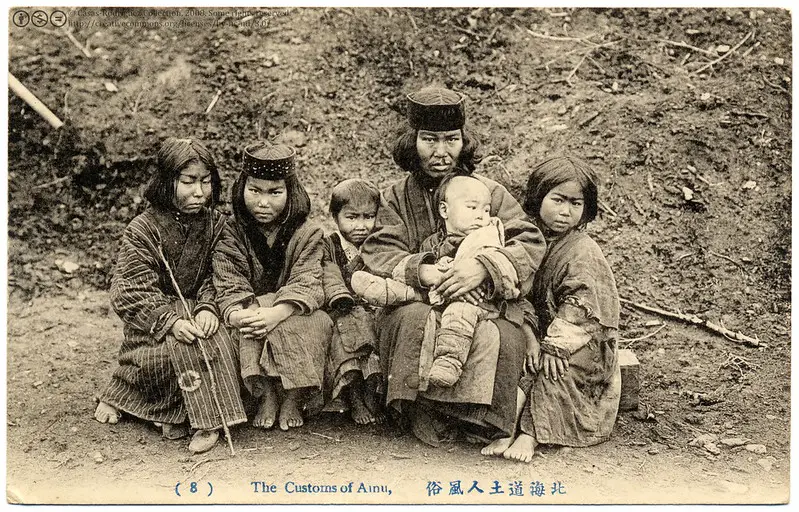The Ainu are the indigenous people of Japan and have a rich and fascinating culture. Although they were long discriminated against and oppressed, they are now fighting to preserve and promote their language, culture, and history. In this article, we will take a closer look at the Ainu and explore their culture, history, and current situation.
The History of the Ainu
The Ainu have a long history in Japan and were originally the dominant population on Hokkaido, the northernmost island of Japan. They have a unique culture and language that is very different from Japanese culture. However, throughout history, the Ainu have faced discrimination and oppression and today fight for recognition and protection of their culture and language.

Among the vanishing cultures of the world, the Ainu of north-east Asia stand out for the startling richness of their oral literature.
The Culture of the Ainu
The Ainu have a fascinating culture deeply connected to nature. They possess unique craftsmanship, music, and dances that are still practiced today. The Ainu also have distinct culinary traditions and traditional clothing made from animal furs and fabrics. The Ainu culture is an important part of Japan’s heritage and is preserved today by many Ainu activists and cultural guardians.
The Ainu Today
The Ainu have suffered much throughout history, often facing discrimination and oppression. Today, however, they fight for recognition and the protection of their culture and language. There are Ainu organizations advocating for their rights and working to preserve and promote their culture and history. The Japanese government has also taken steps in recent years to recognize and support the Ainu.
The Significance of Ainu Culture for Japan
The Ainu culture is an important part of Japan’s cultural heritage and contributes to the country’s diversity and uniqueness. Preserving and promoting Ainu culture can help maintain Japan’s cultural identity. It is essential that the Ainu and their culture are respected and protected, so that their history and traditions are not lost.
In summary, the Ainu have a fascinating and unique culture that represents an important part of Japan’s heritage. Although they were long discriminated against and oppressed, they now strive to preserve and promote their culture and history. The Ainu culture is a vital part of Japan’s diversity and uniqueness and should be respected and protected.

